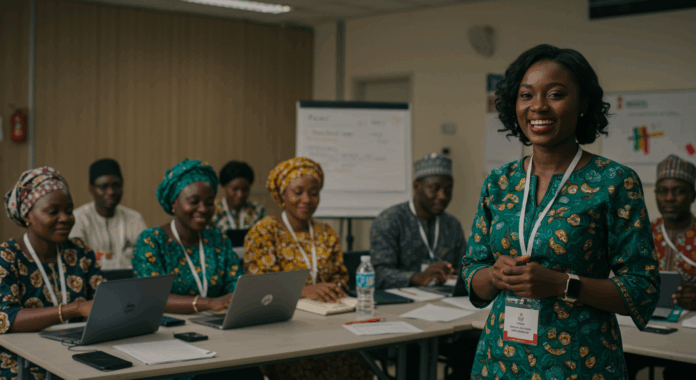There is something truly impactful happening right here in Nigeria. You know how crucial funding is for non-governmental organizations (NGOs) to keep their vital work going, right? Well, sometimes, shifts in international aid can leave a real void, threatening the continuation of services that communities desperately rely on.
That’s exactly what was happening with some local NGOs who were facing a funding shortfall from the United States Agency for International Development (USAID). It’s a tough spot to be in when you’ve got projects running and services to provide, but the financial support you’ve been counting on changes.
But here’s the good news, and it’s a testament to local initiative: A remarkable Nigerian non-governmental organization, the Development Research and Project Centre (dRPC), has stepped up in a big way! They’ve just awarded grants to 17 local NGOs to help bridge this very funding gap.
Think about it: The dRPC put out a public call for proposals, and they received a staggering 495 applications! That alone tells you how significant this funding need was for organizations across the country. From that overwhelming response, the dRPC meticulously selected 17 organizations that will now receive much-needed financial support.
This initiative is a game-changer. These grants are specifically designed to ensure that the services and projects affected by the changes in USAID funding can continue without interruption. It means that the people who benefit from these NGOs’ work—whether it’s in health, education, community development, or any other critical area—won’t have their support cut short.
It’s a powerful example of how local organizations can respond effectively and proactively to challenges, demonstrating resilience and a deep commitment to the communities they serve. The dRPC’s efforts are not just about providing money; they’re about safeguarding essential services and empowering local initiatives to keep making a difference.
Isn’t it inspiring to see such impactful work being done right here at home? It highlights the strength and dedication within our own civil society.


